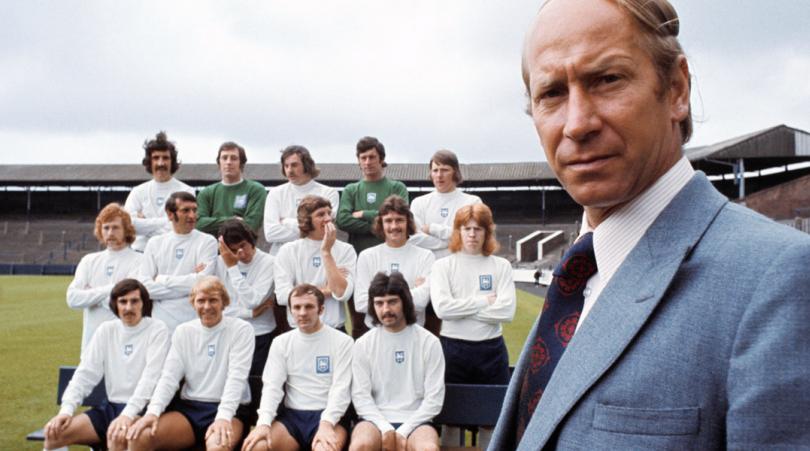The 10 worst English top-flight title defences ever
Leicester weren't supposed to be *this* bad, right? Michael Gowler recalls the other sides who've made a hash of protecting the top-flight trophy
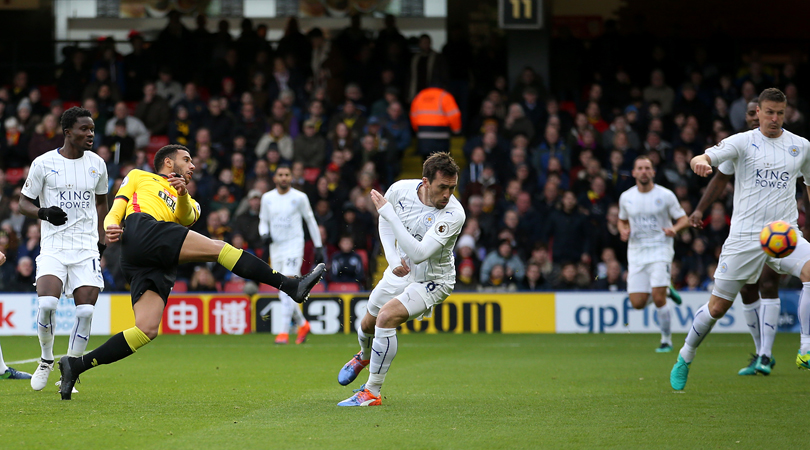
10. Manchester City (1937/38)
After claiming their first English league triumph in the 1936/37 season, going on a 22-game unbeaten run and scoring over 100 goals in the process, few could have anticipated just how badly City’s title defence would pan out. Twelve months on, the Manchester club became the first – and subsequently only – team to be relegated having lifted the trophy in the previous season, after finishing in 21st and 16 points behind Arsenal.
Incredibly, the champions were relegated despite being the league’s top scorers, having bagged 80 goals and recording a positive goal difference of three. A leaky rearguard bemoaning the second-worst defensive record ultimately proved their downfall, however.
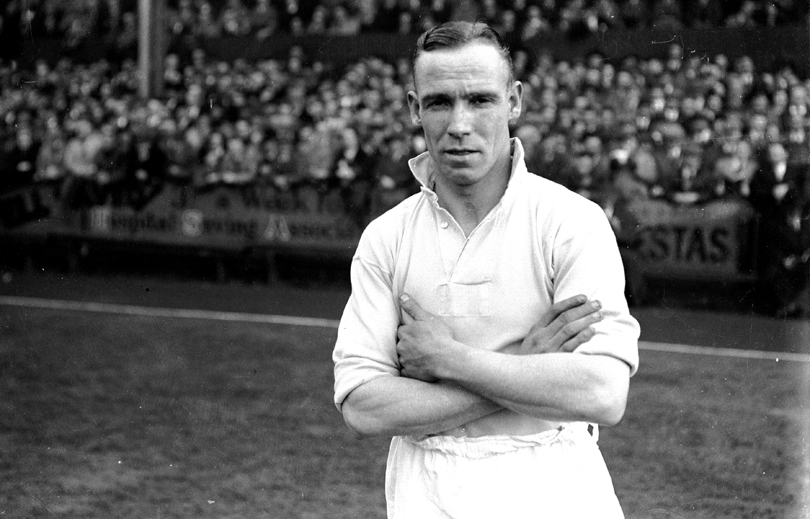
After a war-enforced break, the league resumed and City were once again competing in English football’s top flight after promotion at the end of the 1946/47 campaign. Little did City know that over 60 years later, relegation would be the least of their worries.
9. Liverpool (1947/48)
Having edged a hard-fought title race by a single point over Manchester United and Wolves, the Reds claimed the first English title after the Second World War. The 1947/48 season proved to be less exciting, however. Strike partners Albert Stubbins and Jack Balmer netted 24 apiece on the way to Liverpool’s fifth title, but the latter found goals harder to come by one year on.
Captaincy proved a burden for Balmer, who notched only 15 in all competitions, only to be eclipsed by Stubbins’s 26 goals. George Kay’s Merseysiders scored 19 fewer goals in their unsuccessful defence, and shipped nine more as they ended the season in 11th, 17 points adrift of Arsenal.
Get FourFourTwo Newsletter
The best features, fun and footballing quizzes, straight to your inbox every week.
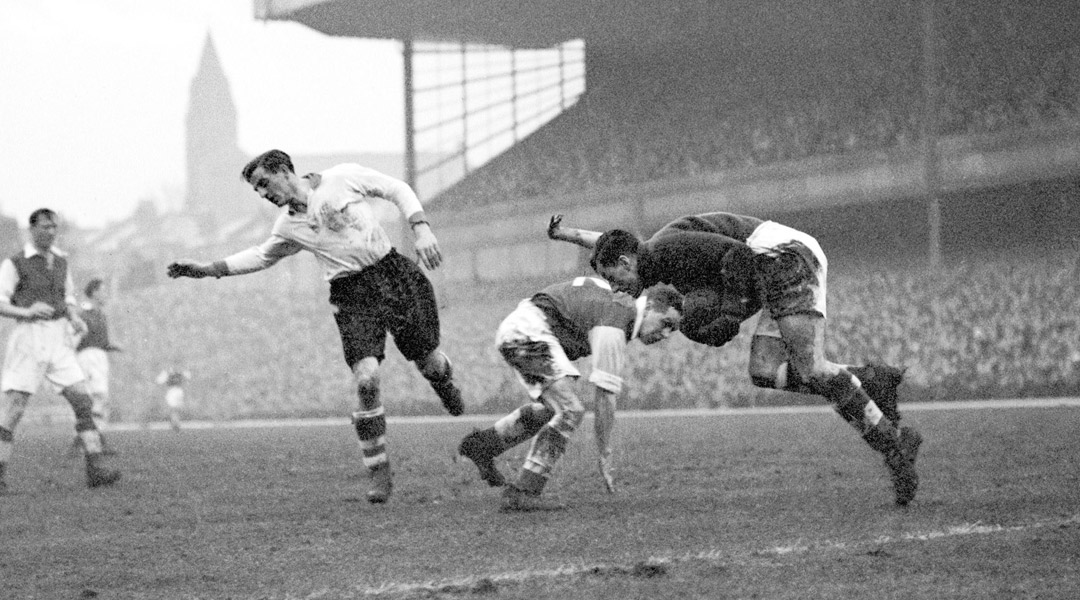
8. Chelsea (1955/56)
Despite a run of four straight defeats and being 12th at the start of November, Ted Drake’s Chelsea lost just three of their next 25 games as they went on to seal a maiden English league title in 1954/55. England frontman Roy Bentley captained the side, scoring 21 times en route to the title as the Blues finished four points clear of Wolverhampton Wanderers.
One year on, it was all so different. Chelsea’s ageing squad struggled and two of their young up-and-comers, Frank Blunstone and Stan Wicks, were struck with injuries. With age creeping up on Drake’s side, they finished the following campaign in 16th, 21 points behind champions Manchester United. It would be half a century before Chelsea clinched the title again, under a certain Jose Mourinho.
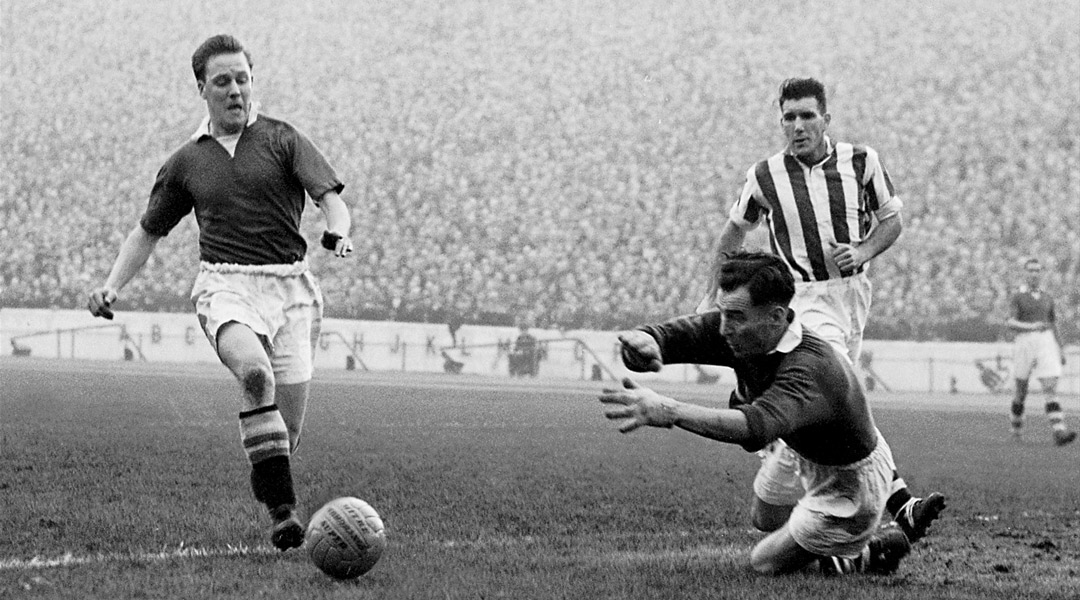
7. Ipswich Town (1962/63)
Under the stewardship of Alf Ramsey, Ipswich defied the odds by winning their only English league crown to date in 1961/62, in their first-ever top-flight season after securing promotion from the Second Division. Despite being heavily tipped to go straight back down, Ramsey's experimenting with his tactics – namely moving inside-forwards Roy Stephenson and Jimmy Leadbitter into wide midfield positions – paid off.
The element of surprise worked for the Tractor Boys in their first season, but the 1962/63 campaign saw Town struggle with the rest of the league having cottoned on to their ideas. Ipswich finished a lowly 17th, 26 points adrift of title winners Everton.
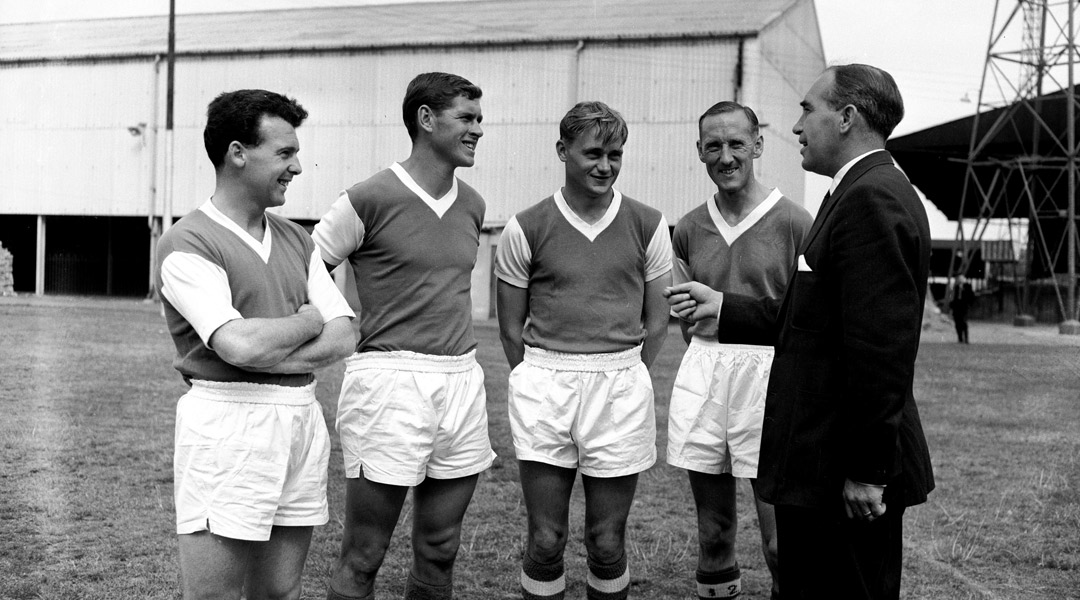
The fortunes of club and manager contrasted vastly after that. Relegation followed for Ipswich in 1964, after Ramsey had left his post to manage England following the Suffolk side's 17th-place finish. And we all know what happened next...
6. Everton (1970/71)
With Joe Royle finding the net freely and the ‘Holy Trinity’ of Howard Kendall, Alan Ball and Colin Harvey strutting their stuff in midfield, Everton claimed a seventh English league title in 1969/70 after finishing nine points ahead of Leeds.
Harry Catterick’s team were tipped to dominate for years to come, but their reign of terror never materialised. The Toffees failed to reproduce their sparkling form in 1970/71, ending the season in 14th, 28 points adrift of champions Arsenal (yeah, them again).
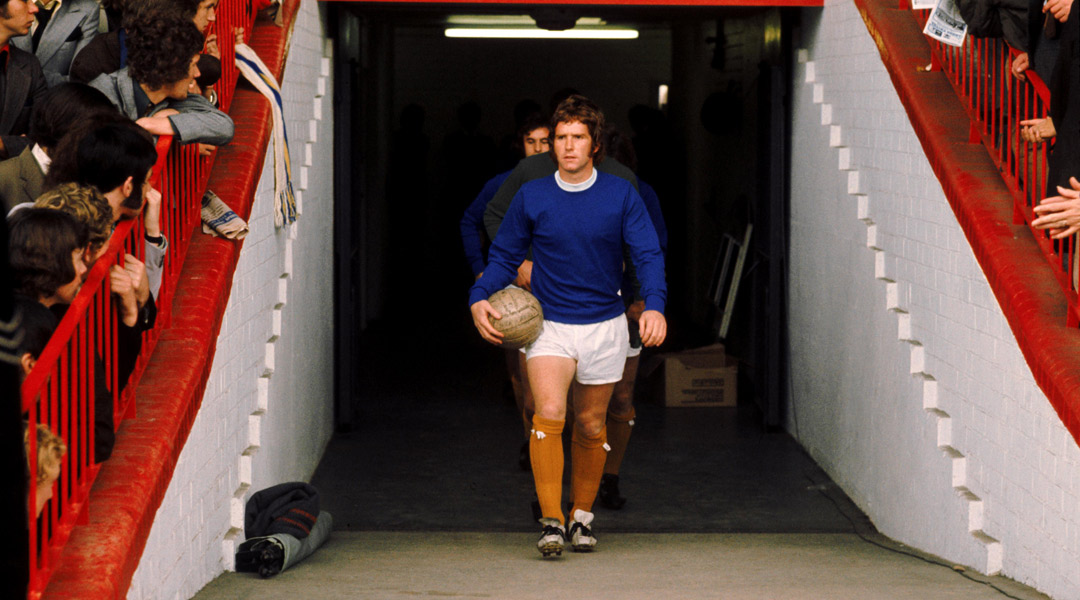
The demands of multiple competitions evidently affected the squad, who followed up a European Cup quarter-final defeat at the hands of Panathinaikos with a 2-1 loss to bitter city rivals Liverpool in the FA Cup semi-finals one week later. The draining exploits of the Toffees' English contingent at the 1970 World Cup in Mexico were also seen as a factor in what turned out to be a dismal campaign.
5. Aston Villa (1981/82)
With Ron Saunders at the helm, Villa ended their 71-year wait for a seventh league title in 1980/81, finishing four points ahead of Ipswich. But the West Midlanders endured a woeful start to their title defence, with the distraction of European football appearing to take its toll like so many others before (and after) them.
By February, with the team languishing in 19th, Saunders resigned and his assistant Tony Barton was appointed as his replacement. Barton managed to salvage Villa’s season, albeit ending the campaign in 11th, a massive 30 points behind league winners Liverpool. It wasn’t all doom and gloom for the Villa faithful, however, as Barton’s men claimed a 1-0 win over Bayern Munich in the 1982 European Cup Final. Every cloud, as they say.
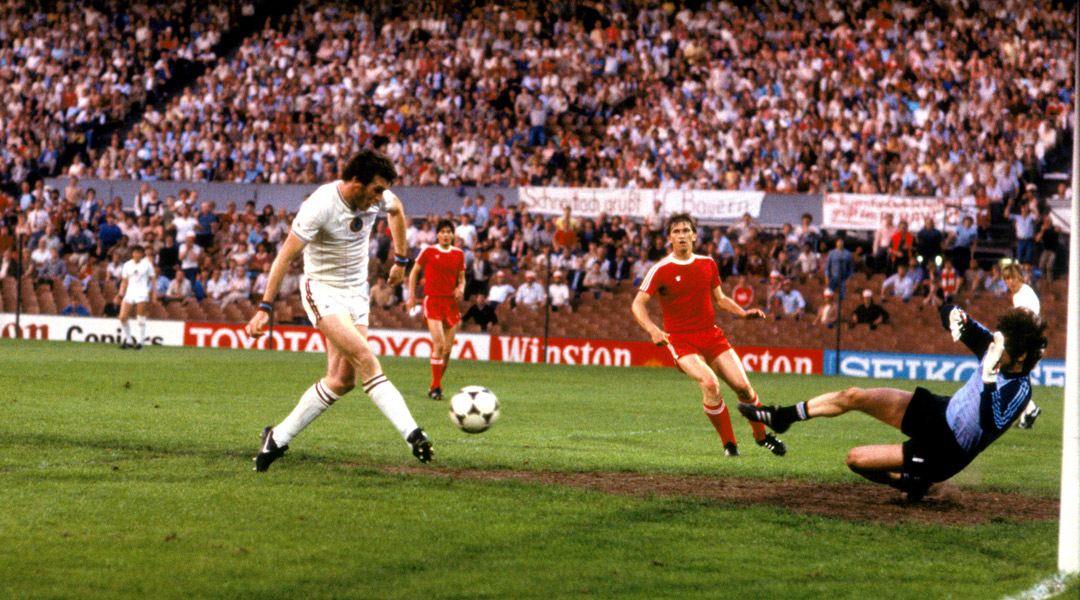
4. Leeds United (1992/93)
Leeds had beaten Manchester United by four points in 1992/92, but flopped miserably in the Premier League's inaugural season as they set about defending their title. An increasingly disruptive Eric Cantona left to join United in November 1992, but the rot had already set in by then and a complete failure to win away from home all season cost them dearly.
They'd only lost once at Elland Road, mind – a 4-1 thrashing from Nottingham Forest who went on to finish bottom of the league – but that appalling record on the road almost led to them being relegated. In the end they finish two points above the drop zone.
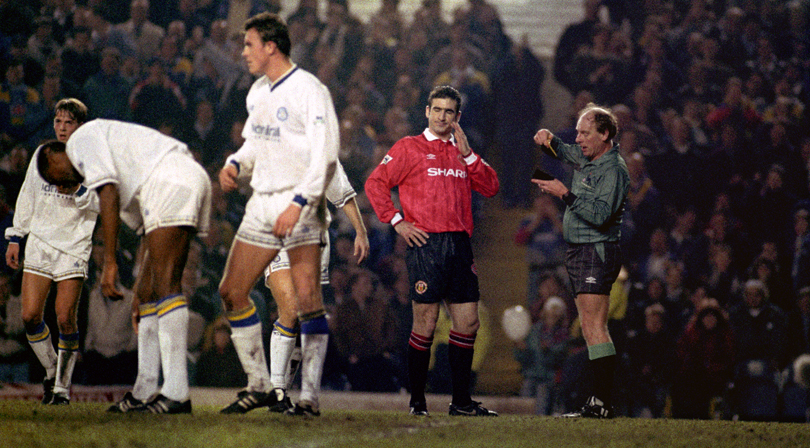
"The backpass law came in and seemed to have an effect on our defenders, who'd all had the season of their lives the year before," midfielder Gary McAllister told FourFourTwo in a recent career reflective. "Thank God for our home form – we’d have been relegated without it. It was a horrendous title defence."
3. Blackburn Rovers (1995/96)
With local businessman Jack Walker investing heavily into the club, promotion to the shiny new Premier League in 1992 soon followed for Blackburn. After a number of notable signings, Rovers claimed their third English title – 81 years after their last – by a single point in 1995. However, defending their title turned out to be far more difficult than anticipated. Kenny Dalglish, who masterminded the triumph, became the club’s Director of Football, with his assistant Ray Harford replacing him in the managerial hot seat.
A poor start to the season, and early Champions League exit in the group stage, was compounded by injuries to Chris Sutton and Graeme Le Saux. Much of the season was spent in the bottom half of the table, with the Lancashire club eventually finishing seventh, 21 points adrift of Sir Alex Ferguson’s United.
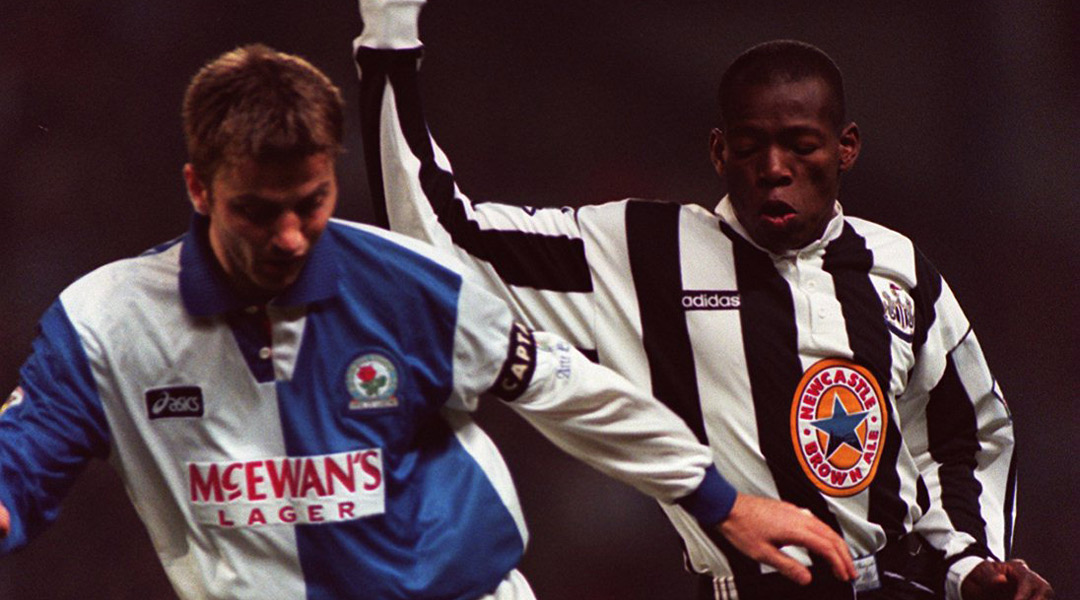
The late revival was largely thanks to Alan Shearer’s net-busting (he finished on 31 goals), but the England striker was subsequently sold to Newcastle for a then-world-record transfer fee of £15 million. It proved to be the first of many key departures over the following years, leading to Rovers’ relegation in 1999.
2. Manchester City (2014/15)
Manuel Pellegrini's men should have been forward-thinking after breaking Liverpool hearts with their late 2013/14 salvo, having only been top of the pile for 15 days of the campaign.
But so it was that their Chilean chief saw little point in bolstering his squad significantly over the summer, bringing in Bacary Sagna and Frank Lampard on free transfers, backup goalkeeper Willy Caballero and £44m worth of Fernando and Eliaquim Mangala (neither of whom would fulfil their price tags).
But then Pellegrini hadn't accounted for a resurgent Chelsea buoyed by the incomings of Cesc Fabregas from Barcelona and Atletico Madrid's Diego Costa (with Thibaut Courtois returning from his loan spell with the capital club). While the west Londoners romped to an unbeaten 11 wins from their opening 14 games of the season, City's start was somewhat more laboured with defeats to Stoke and West Ham putting them six points off the early pace by early December.
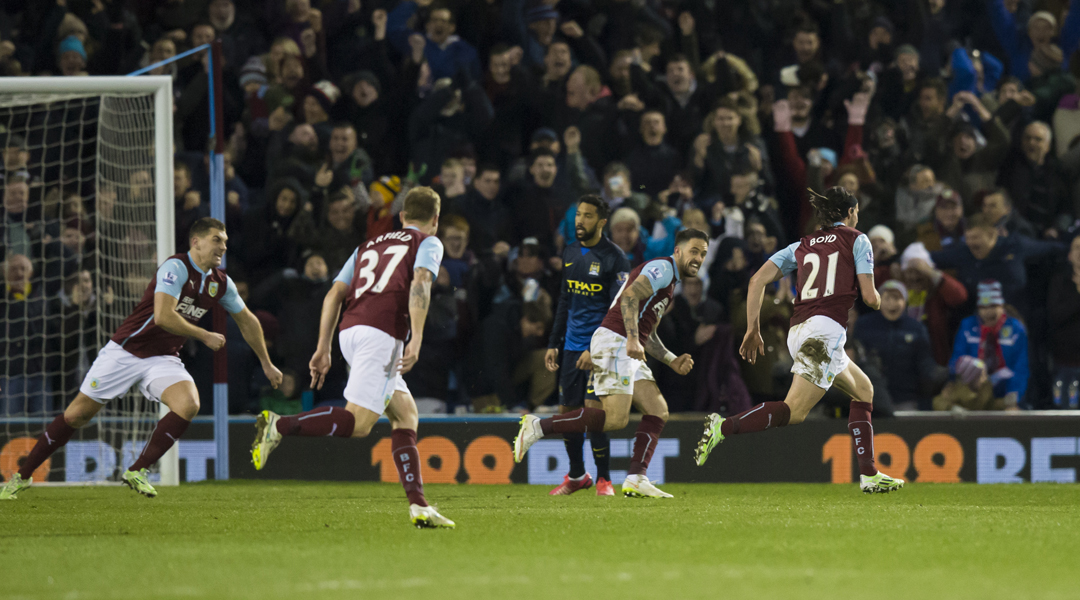
It would get much worse. Sure, Mourinho's Chelsea suffered a reality-check 5-3 defeat to Tottenham at White Hart Lane but their title rivals were faring much worse, going on to pick up just seven points from six games in late December to early February and then losing at Liverpool, Burnley, Crystal Palace and Manchester United before mid-April.
With six games to go they were fourth, some 15 points behind Chelsea and heading for a miserable finale. They won their remaining fixtures to overhaul Manchester United and Arsenal into second, finishing eight points behind the Blues in a title race they never gave themselves a chance with.
1. Chelsea (2015/16)
This appalling season at Stamford Bridge finished with a 10th-placed finish below Stoke, some 31 (thirty-one!) points behind eventual winners Leicester. Indeed, it was the Foxes who hammered home the final nail in Jose Mourinho's Blues coffin with a 2-1 win at the King Power Stadium in mid-December, leading to Michael Emenalo's now-famous statements of "palpable discord" between the Portuguese and his players.
Chelsea's campaign started badly and never recovered: they only won four of their first 17 league games, losing nine of those, and even after Guus Hiddink arrived to steady the ship they found victories tough to come by. The west Londoners claimed just seven in the Dutchman's 21 forgettable matches in charge, in between meekly limping out of Europe (Champions League last 16, to PSG) and the FA Cup (quarter-finals, to Everton). With players like Eden Hazard failing to turn up until Tottenham offered the chance of irresistible schadenfreude, Blues fans were understandably miffed.
